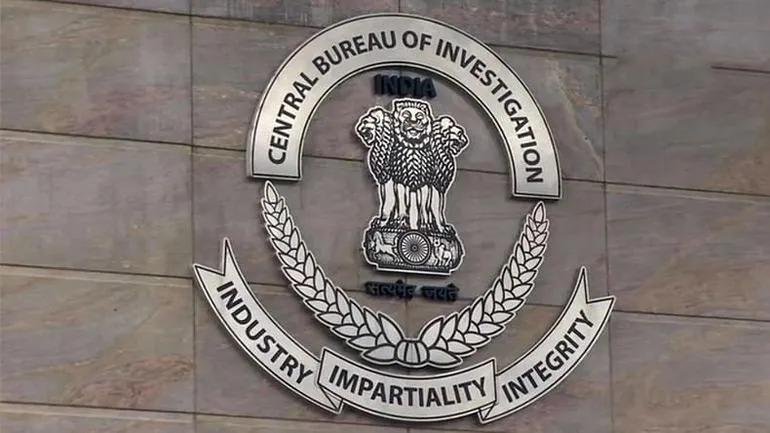In a high-stakes move to bolster its fight against bank fraud, the Central Bureau of Investigation (CBI) on Tuesday convened a strategic meeting with top officials from public sector banks (PSBs) and the Department of Financial Services (DFS) to address the chronic delay in granting sanctions for prosecution of bank officers implicated in financial crimes.
The meeting, held in Bengaluru, follows a Delhi court judgment that discharged all accused in a prominent bank fraud case after multiple banks refused to sanction the prosecution of their 40 officers, effectively stalling legal proceedings. According to officials familiar with the matter, the meeting was a continuation of a high-level review held earlier on January 30 and focused on removing procedural bottlenecks, especially the delays in providing approvals under Sections 17A and 19 of the Prevention of Corruption Act, 1988.
These provisions, key to initiating investigations and filing chargesheets against public servants, have long been viewed as roadblocks in prosecuting white-collar crimes, particularly those involving senior banking personnel.
Court Discharge Prompts Urgent Recalibration
The court’s decision to release all accused in the unnamed high-profile case was a watershed moment that forced introspection within the financial and law enforcement communities. The banks’ refusal to grant prosecution sanctions under the law made it legally impossible for the CBI to proceed, effectively paralyzing the case.
The CBI’s Bengaluru meeting featured detailed presentations by the agency and PSBs, outlining current bottlenecks, operational lapses, and the status of pending investigations. According to a CBI spokesperson, there was a consensus to maintain the current momentum of cooperation and a strong commitment to structured engagement and institutional collaboration.
Reining in Mega Fraud Cases
The CBI is currently probing hundreds of bank fraud cases involving amounts running into several lakh crores, many of which are delayed due to red tape and hesitance from PSBs to act against their own officers.
Some of the most notorious financial crime cases under CBI investigation include:
- Nirav Modi and Mehul Choksi (PNB fraud)
- Vijay Mallya (Kingfisher Airlines loan default)
- Chanda Kochhar (ICICI-Videocon loan case)
- Rishi Agrawal (ABG Shipyard Ltd fraud)
- Kapil and Dheeraj Wadhawan (DHFL scam)
- Rana Kapoor (Yes Bank fraud)
- Sanjay Singal (Bhushan Power and Steel)
Between 2018 and 2020, the agency filed over 200 cases involving ₹1 lakh crore, with 2020 being the highest in a single year at ₹70,000 crore. In 2024, 95 fresh cases involving over ₹8,000 crore were registered.
FCRF x CERT-In Roll Out National Cyber Crisis Management Course to Prepare India’s Digital Defenders
Sanctions, Not Shielding
One of the key takeaways from Tuesday’s meeting was the emphasis on timely cooperation between PSBs and CBI in furnishing documents, granting prosecution approvals, and addressing legal queries during investigations.
The CBI highlighted that Section 17A, inserted via the 2018 amendment to the Prevention of Corruption Act, mandates prior approval from competent authorities before investigating public servants, leading to significant delays unless fast-tracked. Similarly, Section 19 requires sanction for prosecution before a chargesheet can be filed. Delays or denials, either due to procedural lapses or internal conflict of interest, have proven fatal to many CBI cases, allowing accused individuals to walk free despite serious allegations.
Algoritha: The Most Trusted Name in BFSI Investigations and DFIR Services
The Way Forward
The meeting concluded with agreement on the need for a systemic and institutional framework for handling bank frauds, something the CBI has long advocated.
Recommendations and follow-up measures discussed include:
- Establishing dedicated legal desks within PSBs to handle sanction requests swiftly.
- Enhancing digital document exchange platforms between banks and the CBI.
- Creating monthly review mechanisms for all pending fraud cases.
- Rolling out training programs for CVOs and DFS officers on legal compliance and sanction protocols.
As the CBI continues to pursue justice in mega bank fraud cases, the agency is clear: delayed sanctions risk derailing prosecution and emboldening fraudsters.
About the author – Prakriti Jha is a student at National Forensic Sciences University, Gandhinagar, currently pursuing B.Sc. LL.B (Hons.) with a keen interest in the intersection of law and data science. She is passionate about exploring how legal frameworks adapt to the evolving challenges of technology and justice.


